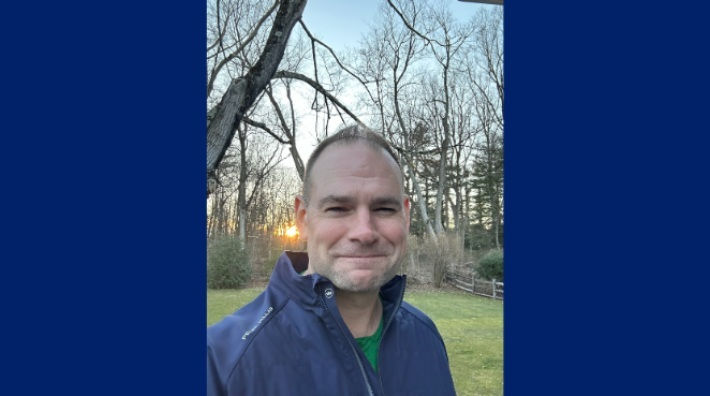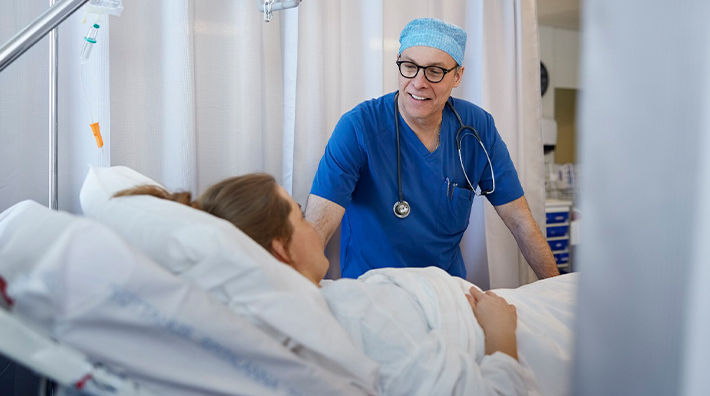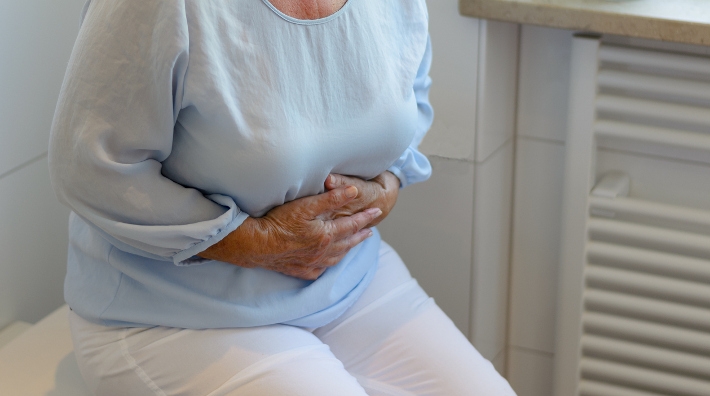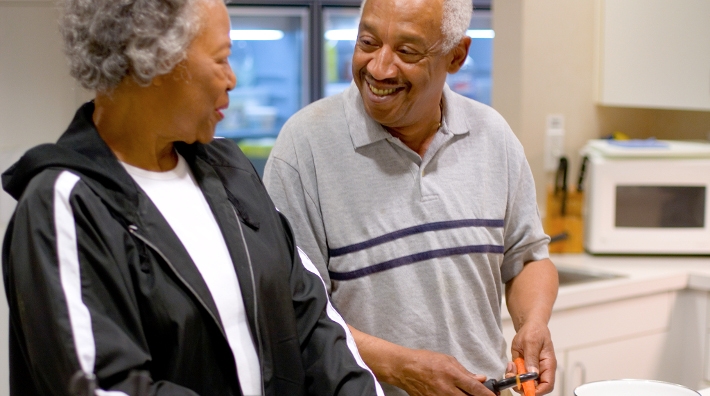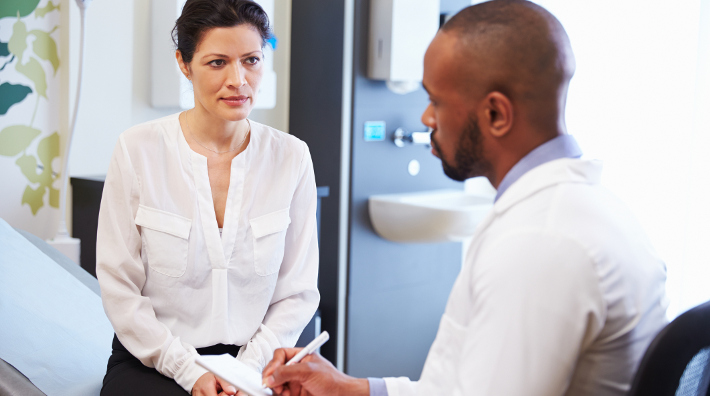Cancer Connections
Cancer News, Stories, and Conversations
Our team of experts brings you cancer-related news, features, and survivor stories.
Filtering by:
Colon and Rectal CancerAfter Leading a Screening Awareness Campaign, Colonoscopy Becomes Personal
Published on: July 3, 2025
Professionally, Andy Whitehouse worked on a campaign for colon cancer prevention. But a friend had to remind him repeatedly to get his own screening.
What to Know If Polyps Were Found During Your Colonoscopy
Published on: March 27, 2025
If polyps were found during your colonoscopy, learn more about your colorectal cancer risk, follow-up care, and reasons to discuss the results with your family.
How to Prep for a Colonoscopy: Diet Tips, When to Start, and More
Published on: March 17, 2025
As you get ready for a colonoscopy, you may need to change your diet and stop taking medications. Learn more here.
Do I Have Colorectal Cancer? Signs, Symptoms and Work-Up
Published on: February 8, 2021
The earlier colorectal cancer can be found, the more likely it can be successfully treated. Symptoms could be caused by other conditions, but they could also be signs of cancer.
Six Ways to Lower Your Risk for Colorectal Cancer
Published on: February 5, 2021
Help lower your risk for getting colorectal cancer with our 6 tips for lifestyle changes you can start making right now.
Colorectal Cancer Screening: What Are My Options?
Published on: February 5, 2021
Are you wary of colonoscopies? Don’t let that keep you from getting checked for colorectal cancer. There are several options for tests, and one of them might be right for you.
Colorectal Cancer Rates Higher in African Americans, Rising in Younger People
Published on: September 3, 2020
One disease that disproportionately affects the Black community is colorectal cancer. The rates of colorectal cancer are higher in Blacks than any racial/ethnic group in the US. African Americans are about 20% more likely to get colorectal cancer and about 40% more likely to die from it than most other groups.
